Conservative MPs, councillors and assembly members have urged the Mayor of London to ditch plans to charge vehicles £5.50 a day to enter Greater London.
In a letter, sent by the GLA Conservatives to Mayor Sadiq Khan, they ask him to “rule out” a proposal in Transport for London’s (TfL) Financial Sustainability Plan to charge up to £5.50 to drive into the capital as he enters further bailout negotiations with the Government, claiming it would “seriously hurt” outer London and the home counties.
Around 1.35 million vehicles drive into Greater London each weekday, says the letter. Of these trips, one million travel into outer London where the charge is being considered.
The letter, signed by 51 Tory politicians, suggests that a majority of these vehicles are registered outside the capital, so would be liable to pay the proposed daily boundary charge.
“This means at least 675,000 motorists would be hit by the charge each day," it says. "According to TfL's initial estimates, the number of weekday car trips into Greater London would fall by 8%, that's 108,000 fewer visitors a day.”
Peter Fortune AM, deputy leader of the GLA Conservatives, told the Mail Online: “Sadiq Khan needs to drop his disastrous boundary charge threat. Slapping drivers with a daily charge to enter Greater London would hit commuters with a £1,000 a year bill for visiting, working and shopping in our city.
“That's an eye-watering bill to push onto struggling families in the home counties. It would also have a catastrophic effect on Outer London's businesses and public services that rely on customers and workers who live outside the capital.
“Threatening UK taxpayers with a toll to enter Greater London is the worst way to negotiate a fourth bailout for Transport for London.”
Fleets already face a £54 million bill in additional charges for entering the expanded ultra-low emission zone (ULEZ) over the next year, according to Masternaut.
ULEZ emissions standards for the newly expanded zone remain the same, with a minimum standard of: Euro 3 for motorcycles, mopeds, motorised tricycles and quadricycles; Euro 4 for petrol cars, vans and other specialist vehicles (up to and including 3.5 tonnes gross vehicle weight) and minibuses (up to and including 5 tonnes); and Euro 6 for diesel cars, vans and other specialist vehicles (up to and including 3.5 tonnes) and minibuses (up to and including 5 tonnes).
There is a £12.50 daily charge for driving within the ULEZ for vehicles which do not meet the ULEZ emissions standards.
The newly expanded ULEZ, which now covers an area up to, but not including, the North Circular Road (A406) and South Circular Road (A205), went live in October.
It is 18 times larger than the original central London ULEZ, which had occupied the same area as the congestion charge zone. The Greater London boundary charge would cover a much larger area.
The letter from GLA Conservatives says that drivers could face charges of up to £33 a day to enter London - the combined cost of the Greater London boundary charge (£5.50), Congestion Charge (£15) and Ultra Low Emission Zone (£12.50).
The letter to the Mayor continues: “Charging drivers to enter the capital flies in the face of your 'London is Open' message and 'Let's Do London' campaign.
“It would erect a barrier around Greater London, keeping visitors, customers and workers away, benefiting no-one and hurting everyone.”
It concludes: “We urge you to drop your boundary charge proposal as you enter new negotiations on a further bailout for TfL.
“This will be the fourth bailout and build on the almost £5 billion the Government has provided to keep London moving.
“Instead of making threats, we call on you to constructively work with the Government to agree on a funding settlement that works for London and the entire country.”
The Government agreed a £1.08bn funding package to help (TfL) recover from the coronavirus pandemic in June.
The bailout, provided financial support for the hard-hit transport authority until December 11, followed two emergency support packages agreed in April and October 2020, and takes total Government’s support to TfL since March 2020 to more than £4bn.
Ministers said that the deal builds on commitments from the previous support packages and sets out further measures to be taken to ensure TfL is financially sustainable by April 2023.
These include progressing efficiency and cost-saving initiatives and identifying new or increased sources of revenue for TfL beyond 2023.
As part of that settlement, Khan agreed to: deliver £300m of savings or new income sources in 2021 to 2022; identify new or increased sources of revenue for TfL of between £500m to £1bn each year from 2023; and prepare a plan to accelerate TfL’s existing modernisation programme of £730m by April 2023.
Furthermore, it wanted TfL to review its “generous” pension scheme; prepare a revised medium-term capital investment programme; set aside at least £100m to continue the delivery of healthy streets and active travel programmes; and carry out a joint review with Government of demand on London’s transport network to ensure service levels are appropriate.

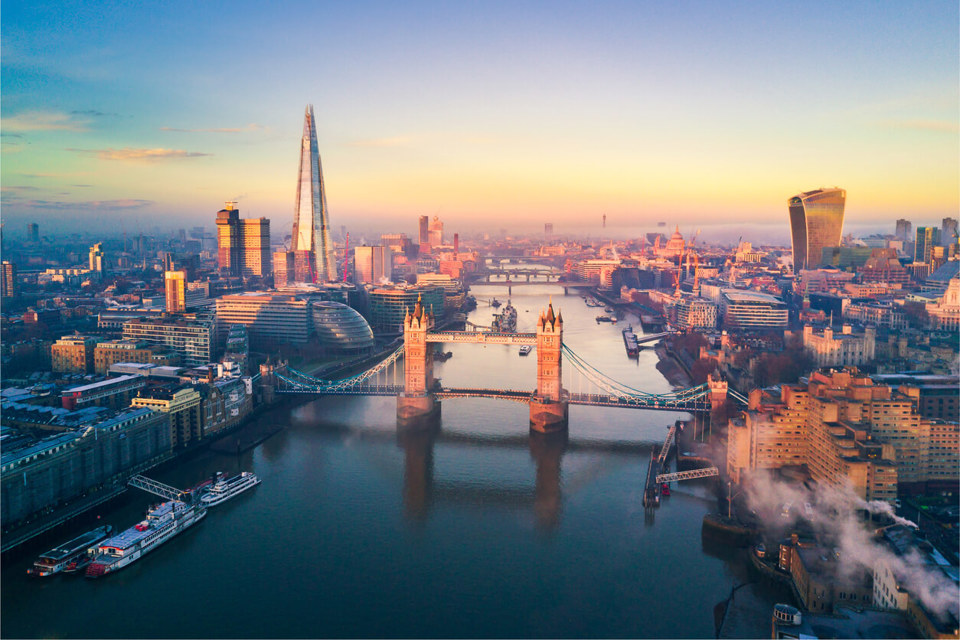





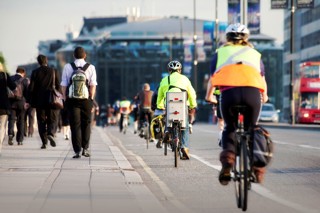
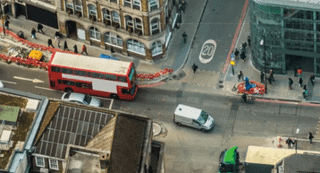
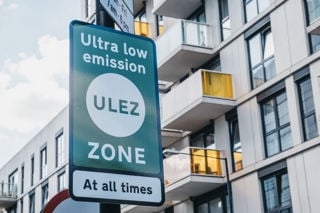
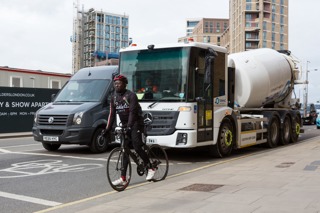
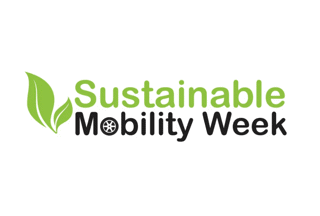












Login to comment
Comments
No comments have been made yet.